Overview
Instructions
Side Effects
Overview
Introduction:
Aphyren N Tablet combines Acetylcysteine 600mg and Acebrophylline 100mg. It’s prescribed to address swelling, blockage, irritation, and chest congestion linked to various conditions such as chronic obstructive pulmonary disease (chronic emphysema), acute bronchopulmonary diseases (like pneumonia, bronchitis, tracheobronchitis), bronchial asthma, atelectasis caused by mucus obstruction, and pulmonary complications associated with cystic fibrosis (a genetic disorder primarily impacting the lungs).
These conditions lead to restricted airflow from the lungs, causing breathing challenges along with symptoms like mucus production, coughing, and wheezing. Prior to taking Aphyren N Tablet, discuss all recent medications, including herbal remedies and supplements, with your doctor. Seek medical advice if pregnant, planning pregnancy, or breastfeeding before initiating this medication.
Uses of Aphyren N Tablet:
Acetylcysteine works to dissolve thick secretions, aiding in their elimination and preventing new lung infections. Meanwhile, Acebrophylline induces relaxation in bronchial muscles by inhibiting intracellular phosphodiesterase, elevating cAMP levels. It also reduces the thickness of mucus secretions and improves their clearance.
Interactions with other drugs:
Inform your doctor about any medications you are taking or have taken before the treatment.
More information:
Keep Aphyren N Tablet out of sight and reach of children. Store below 30°C.
Aphyren N Tablet combines Acetylcysteine 600mg and Acebrophylline 100mg. It’s prescribed to address swelling, blockage, irritation, and chest congestion linked to various conditions such as chronic obstructive pulmonary disease (chronic emphysema), acute bronchopulmonary diseases (like pneumonia, bronchitis, tracheobronchitis), bronchial asthma, atelectasis caused by mucus obstruction, and pulmonary complications associated with cystic fibrosis (a genetic disorder primarily impacting the lungs).
These conditions lead to restricted airflow from the lungs, causing breathing challenges along with symptoms like mucus production, coughing, and wheezing. Prior to taking Aphyren N Tablet, discuss all recent medications, including herbal remedies and supplements, with your doctor. Seek medical advice if pregnant, planning pregnancy, or breastfeeding before initiating this medication.
Uses of Aphyren N Tablet:
- Chronic obstructive pulmonary disease (chronic emphysema)
- Acute bronchopulmonary diseases (pneumonia, bronchitis, tracheobronchitis)
- Bronchial asthma
- Atelectasis due to mucus obstruction
- Pulmonary complications of cystic fibrosis
Acetylcysteine works to dissolve thick secretions, aiding in their elimination and preventing new lung infections. Meanwhile, Acebrophylline induces relaxation in bronchial muscles by inhibiting intracellular phosphodiesterase, elevating cAMP levels. It also reduces the thickness of mucus secretions and improves their clearance.
Interactions with other drugs:
Inform your doctor about any medications you are taking or have taken before the treatment.
More information:
Keep Aphyren N Tablet out of sight and reach of children. Store below 30°C.
Instructions
How to use Aphyren N Tablet:
Always take Aphyren N Tablet as exactly your doctor has told you. Do not crush or chew the tablets.
Safety advice:
Pregnancy:
Inform your doctor if you are pregnant or planning to get pregnant before taking Aphyren N Tablet. It will be given if clearly needed.
Breastfeeding: Talk to your doctor if you are breastfeeding before taking this medicine.
Others:
Always take Aphyren N Tablet as exactly your doctor has told you. Do not crush or chew the tablets.
Safety advice:
Pregnancy:
Inform your doctor if you are pregnant or planning to get pregnant before taking Aphyren N Tablet. It will be given if clearly needed.
Breastfeeding: Talk to your doctor if you are breastfeeding before taking this medicine.
Others:
- Inform your doctor if you have any allergic conditions or other diseases.
Side Effects
Side effects are unwanted symptoms caused by medicines. Even though all medicines cause side effects, not everyone gets them.
Common:
Common:
- Itching, rash
- Vomiting
- Stomach upset

 MEDICINES
MEDICINES PATIENT ASSISTANCE PROGRAMS
PATIENT ASSISTANCE PROGRAMS IMPORTED MEDICINES
IMPORTED MEDICINES CONTACT US
CONTACT US Upload
Upload



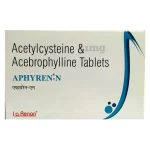





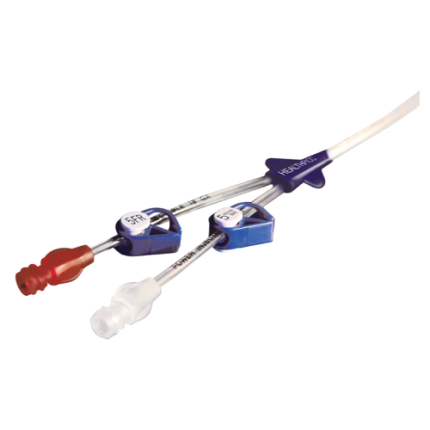
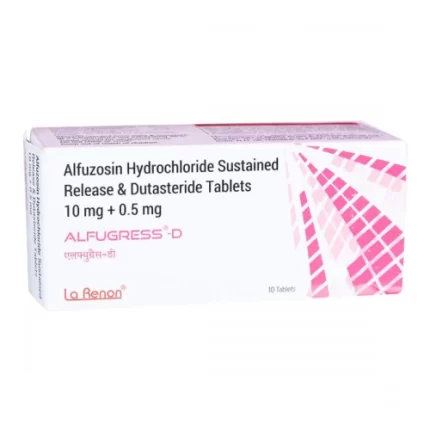
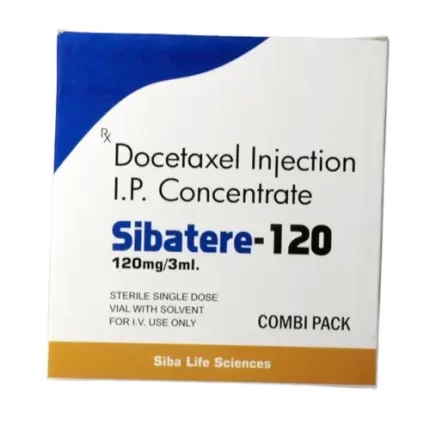
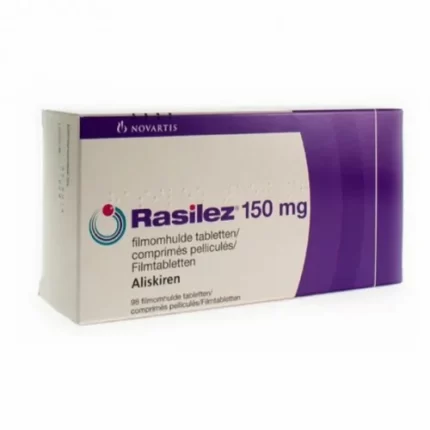

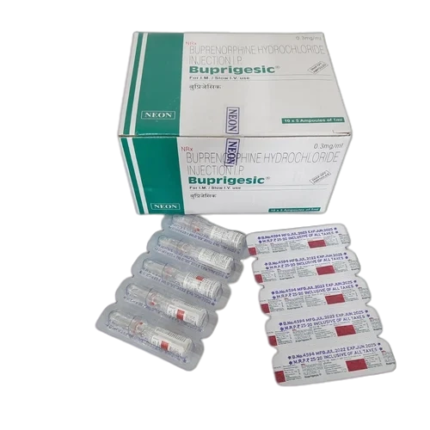
Reviews
There are no reviews yet.